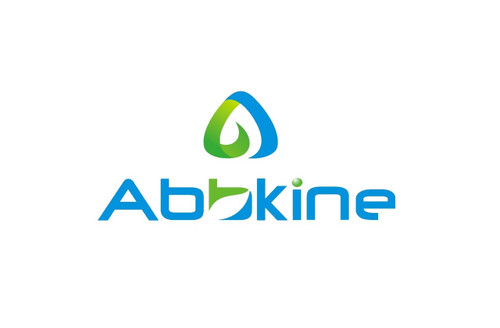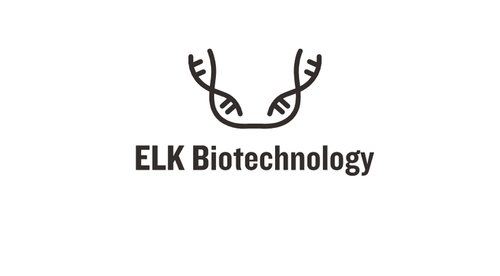Product Description
Human Phosphatidylinositol 4-kinase alpha (PI4KA) ELISA Kit | AE27546HU | Abebio
Species Reactivity: Human (Homo sapiens)
Abbreviation: PI4KA
Alternative Name: FLJ16556; PI4K-ALPHA; PIK4CA; pi4K230; phosphatidylinositol 4-kinase 230|phosphatidylinositol 4-kinase type 3 alpha|phosphatidylinositol 4-kinase; type III; alpha
Application: ELISA
Range: 0.78-50 ng/mL
Sensitivity: 0.27 ng/mL
Intra-Assay: ≤4.2%
Inter-Assay: ≤7.6%
Recovery: 1, 05
Sample Type: Serum, Plasma, Other biological fluids
Detection Method: Sandwich
Analysis Method : Quantitive
Test Principale: This assay employs a two-site sandwich ELISA to quantitate PI4KA in samples. An antibody specific for PI4KA has been pre-coated onto a microplate. Standards and samples are pipetted into the wells and anyPI4KA present is bound by the immobilized antibody. After removing any unbound substances, a biotin-conjugated antibody specific for PI4KA is added to the wells. After washing, Streptavidin conjugated Horseradish Peroxidase (HRP) is added to the wells. Following a wash to remove any unbound avidin-enzyme reagent, a substrate solution is added to the wells and color develops in proportion to the amount of PI4KA bound in the initial step. The color development is stopped and the intensity of the color is measured.
Product Overview: PI4Ka catalyzes the first committed step in the biosynthesis of phosphatidylinositol 4, 5-bisphosphate. The mammalian PI 4-kinases have been classified into two types, II and III, based on their molecular mass, and modulation by detergent and adenosine. Two transcript variants encoding different isoforms have been described for this gene.The predicted 854-amino acid protein has a calculated molecular mass of 97 kD. It contains an ankyrin repeat, a lipid kinase unique domain, a pleckstrin-homology domain, and a lipid kinase catalytic domain. PI4K-alpha has high amino acid sequence similarity to the yeast PI 4-kinases STT4 and PIK1; it has less amino acid sequence similarity to the catalytic domains of mammalian and yeast PI 3-kinases and to the yeast TOR family of proteins.
Stability: The stability of ELISA kit is determined by the loss rate of activity. The loss rate of this kit is less than 5% within the expiration date under appropriate storage condition. The loss rate was determined by accelerated thermal degradation test. Keep the kit at 37°C for 4 and 7 days, and compare O.D.values of the kit kept at 37°C with that of at recommended temperature. (referring from China Biological Products Standard, which was calculated by the Arrhenius equation. For ELISA kit, 4 days storage at 37°C can be considered as 6 months at 2 - 8°C, which means 7 days at 37°C equaling 12 months at 2 - 8°C) .
 Euro
Euro
 USD
USD
 British Pound
British Pound
 NULL
NULL








